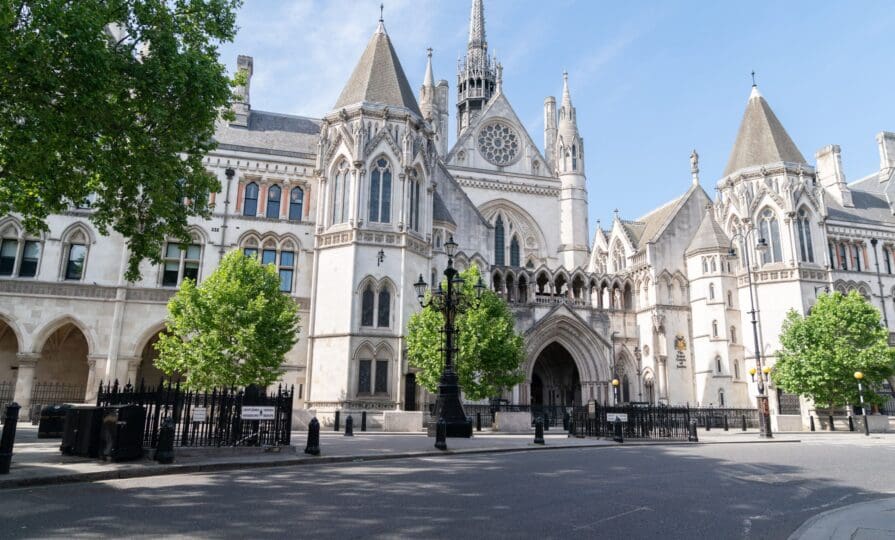High court rejects legal bid to block VAT on private school fees
The Independent Schools Council, which supported the claim, said it was disappointed by the outcome and is considering whether to appeal

Register to get 1 free article
Reveal the article below by registering for our email newsletter.
Want unlimited access? View Plans
Already have an account? Sign in
Three high court judges have rejected a legal challenge to the government’s plan to impose 20% VAT on private school fees, ruling that the policy does not breach human rights law.
Three claims brought by parents, pupils and private schools were heard together in a judicial review opposing the measure, introduced in the Finance Act 2025.
The claimants argued that the tax would hinder access to education, especially for pupils with special educational needs or those attending faith schools or studying international curricula.
However, the court found that the new policy fell within the government’s discretion on tax and education funding. It ruled that there was no violation of Article 2 of Protocol 1 of the European Convention on Human Rights, which protects the right to education, as the state is not required to support access to private schooling.
The judges also rejected arguments that the policy infringed on property rights or amounted to unlawful discrimination. They noted that the introduction of VAT on fees had been a “well-publicised political commitment and said Parliament had carefully considered its potential effects.
“The measure does not cross the high threshold of impairing the very essence of the right to education,” the court said.
The Independent Schools Council, which supported the claim, said it was disappointed by the outcome and is considering whether to appeal. A separate claimant, supported by the Christian Legal Centre, also said further legal action is being explored.
The government welcomed the judgment, which clears the way for VAT to be added to most private school fees from September. Ministers estimate that the policy will raise £1.8bn by the end of the decade, helping to fund thousands of additional teaching posts in the state sector.

